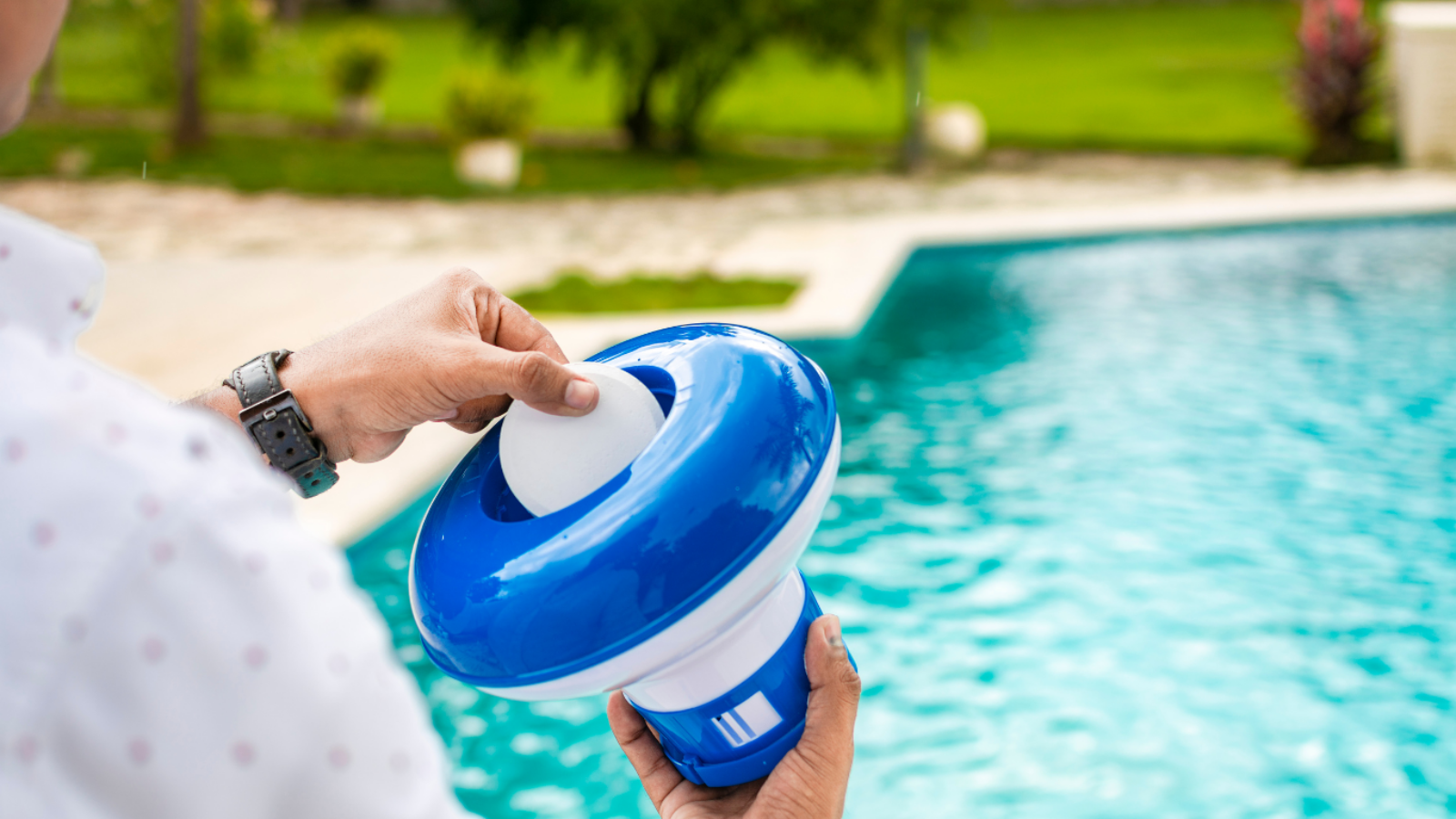Introduction: The pool filter plays a crucial role in maintaining clean and clear pool water by removing impurities and debris. With various types of pool filters available, choosing the right one for your pool can be a daunting task. In this comprehensive guide, we will walk you through the key factors to consider when selecting a pool filter to help you make an informed decision.
- Understanding the Types of Pool Filters: There are three main types of pool filters: sand filters, cartridge filters, and diatomaceous earth (DE) filters. Each type has its own advantages and considerations. Sand filters are low maintenance and cost-effective, cartridge filters offer superior filtration and easy cleaning, while DE filters provide the finest level of filtration.
- Pool Size and Usage: Consider the size of your pool and its usage when choosing a filter. Larger pools or pools with heavy usage may require a filter with a higher flow rate and larger capacity to effectively handle the volume of water and debris.
- Filtration Efficiency: Evaluate the filtration efficiency of the filter. Look for a filter that can effectively remove particles of the desired size range, such as fine debris, dust, pollen, and algae. A filter with a high micron rating or efficient filtration media will ensure clearer water.
- Maintenance and Cleaning: Consider the maintenance requirements of the filter. Cartridge filters are generally easier to clean as they only require rinsing or occasional replacement of cartridges. Sand filters require periodic backwashing to remove trapped debris, while DE filters may require more frequent cleaning and replacement of the DE powder.
- Cost and Long-Term Expenses: Take into account the initial cost of the filter and the long-term expenses associated with maintenance, replacement parts, and media. While some filters may have a higher upfront cost, they may offer greater durability and require fewer replacement parts over time, resulting in cost savings in the long run.
- Manufacturer’s Reputation and Warranty: Research the reputation of the filter manufacturer and check if they offer a warranty. A reputable manufacturer with positive customer reviews and a solid warranty ensures you’re investing in a quality product that is backed by reliable customer support.
- Seek Expert Advice: If you’re uncertain about the type of filter that best suits your pool, consult with a pool professional or specialist. They can assess your pool’s specific needs, provide personalized recommendations, and guide you through the selection process.
Conclusion: Choosing the right pool filter is essential for maintaining clean and healthy water. Consider factors such as pool size, filtration efficiency, maintenance requirements, and long-term costs. By understanding the different types of filters and seeking expert advice when needed, you can make an informed decision that ensures optimal filtration and a sparkling pool all season long. Enjoy crystal-clear water with the perfect pool filter for your needs!

 Cart is empty
Cart is empty 
Leave A Comment